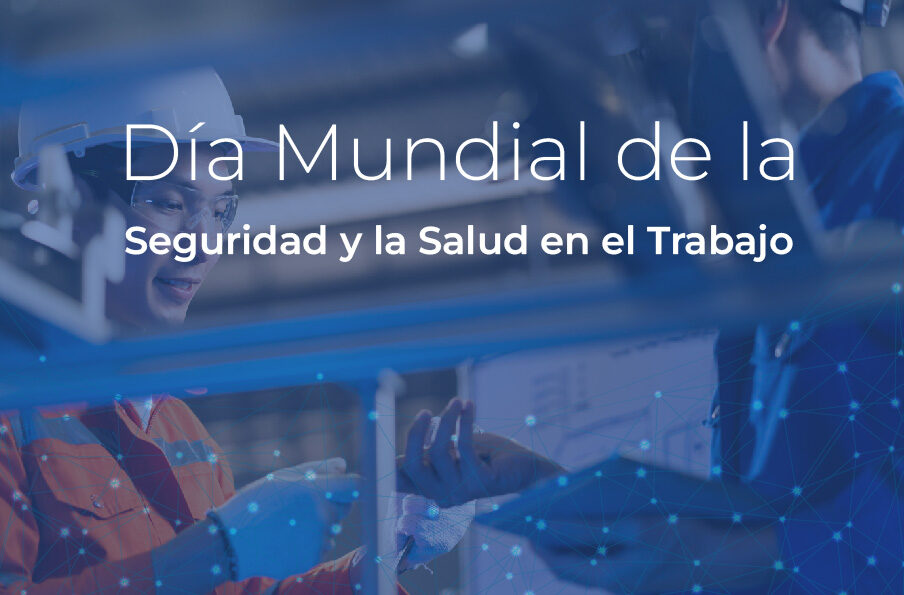The MALUBA Project stands out for innovating in the brewing and baking industry through circular approaches. Thanks to the collaboration between the technology centers CETECE and ITAGRA, and local companies, it promises to transform by-products into valuable products, marking a path towards sustainability and innovation.
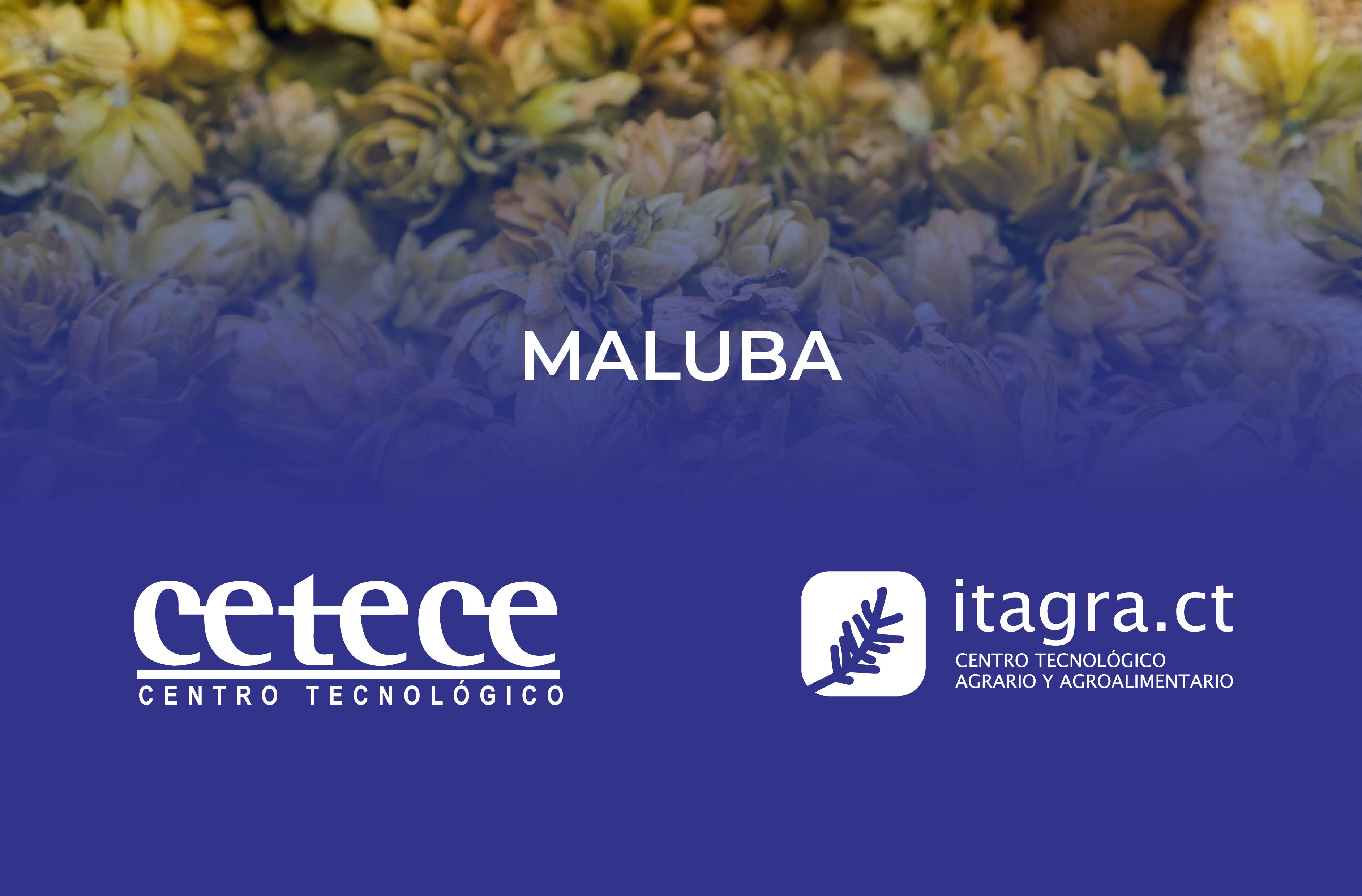
MALUBA is more than a project focused on the development of new agro-industrial approaches to take advantage of raw materials and by-products of the brewing industry, such as malt, hops and bagasse; it is a model of collaboration between the technology centers CETECE and ITAGRA, with a special focus on the brewing and baking industry, seeking to optimize the use of local ingredients and by-products to create new products, improve production processes and promote a positive environmental impact.
MALUBA turns by-products into green gold
The MALUBA Project emerges as a success story for its ability to transform challenges into innovative opportunities. Through the collaboration between the technology centers CETECE and ITAGRA, together with the local companies Cereales Canseco and Cervezas Yesta Agrobeer, it has been possible to integrate the circular economy into the brewing industry.
The initiative has proven to be a pioneer in the revaluation of by-products such as malt, hops, and bagasse, finding their way not only into new varieties of beer but also into bakery and confectionery products, adding unexpected and sustainable value.
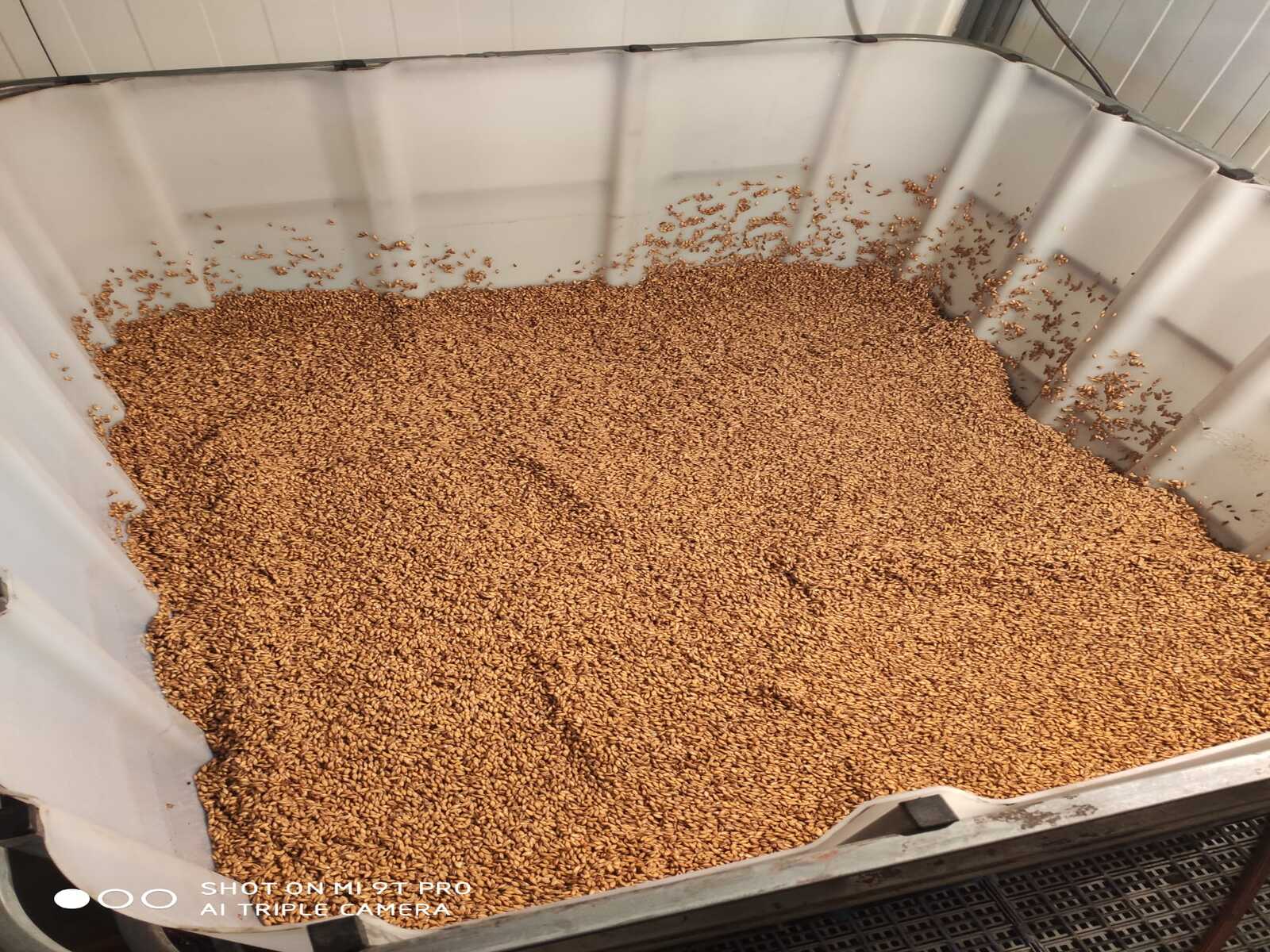
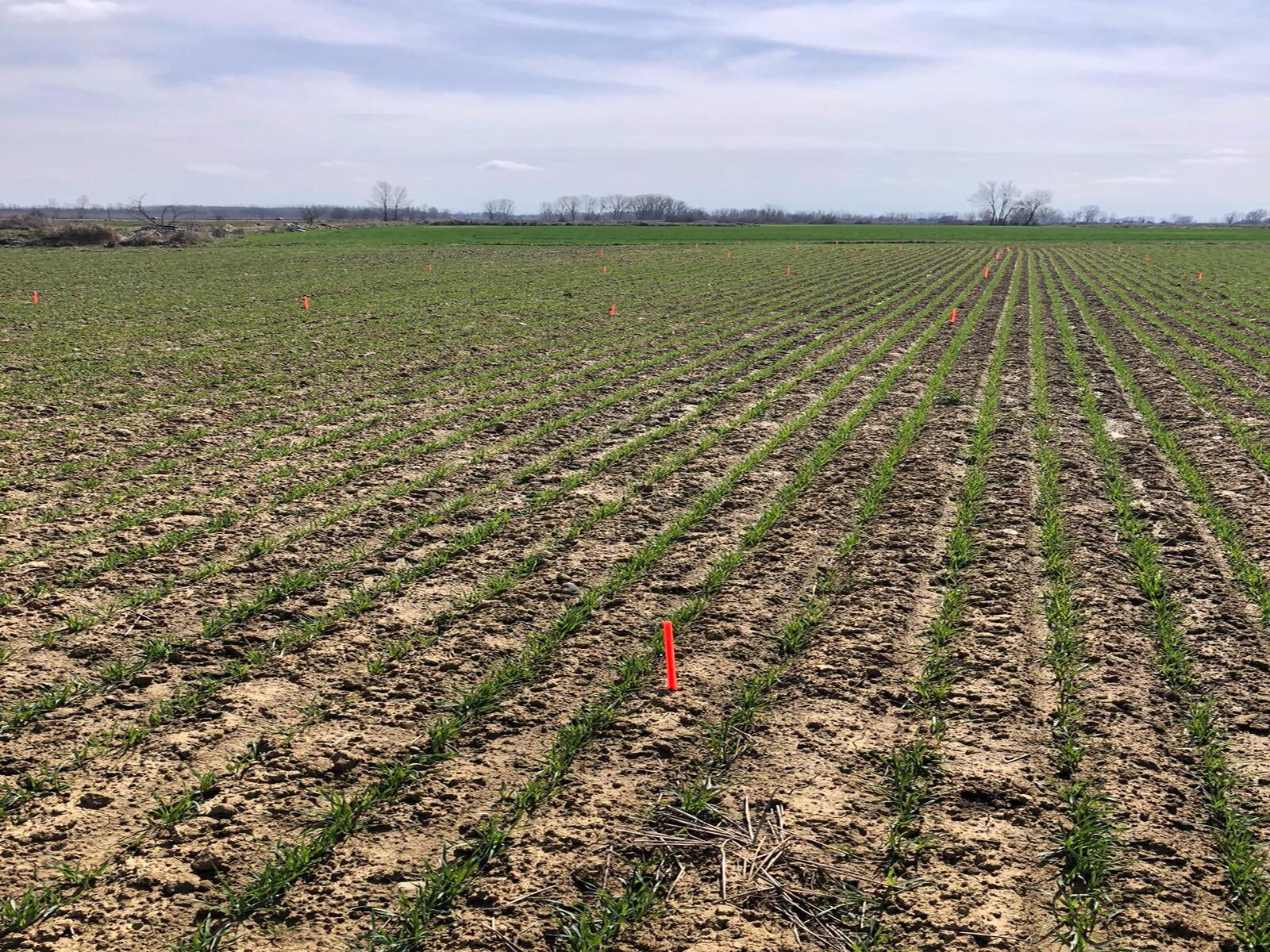
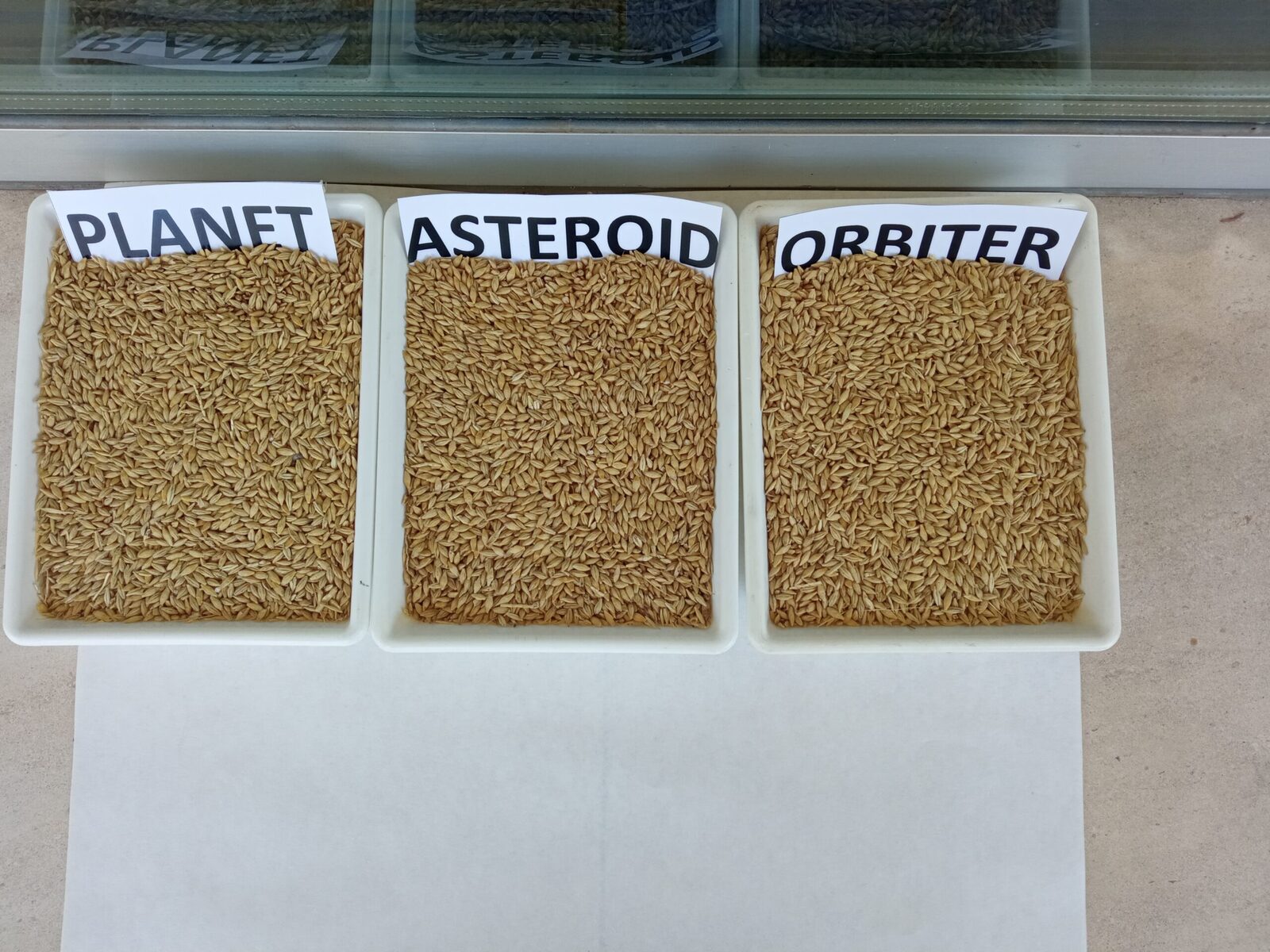
MALUBA’s solution to local industry challenges
MALUBA addresses several crucial challenges in the brewing industry, particularly in small rural industries seeking to differentiate themselves through the use of local ingredients.
The project addresses the control of malt production, geographical limitations in the cultivation of hops, and the underutilization of bagasse.
Thanks to innovative technologies and a multidisciplinary approach, MALUBA optimizes these by-products, promoting profitability and sustainability. It highlights the use of hops not only as a brewing ingredient but also as a revolutionary yeast substitute in baking, opening new perspectives for local crops and production techniques.
From collaboration to success: the story behind the MALUBA project
Born from the collaboration between CETECE, ITAGRA, Cereales Canseco, and Cervezas Yesta Agrobeer, the MALUBA Project has carried out an exhaustive study in Palencia, revealing the unexplored potential of hops as a local crop in Castilla y León and its viability in the production of “zero kilometer” ingredients for craft beer and bakery.
This interdisciplinary project has taken several years to complete, identifying areas suitable for growing hops and alternative cereals, and developing innovative beer recipes and bakery products that integrate these local ingredients.
The initiative is a testament to the effective collaboration between technology centers and companies, seeking not only to positively impact the local economy and the brewing industry, but also the environment through more sustainable and circular practices.
MALUBA is a success story that highlights the power of innovation and collaboration to overcome contemporary challenges, demonstrating that it is possible to unite tradition and technology for a sustainable and prosperous future.





